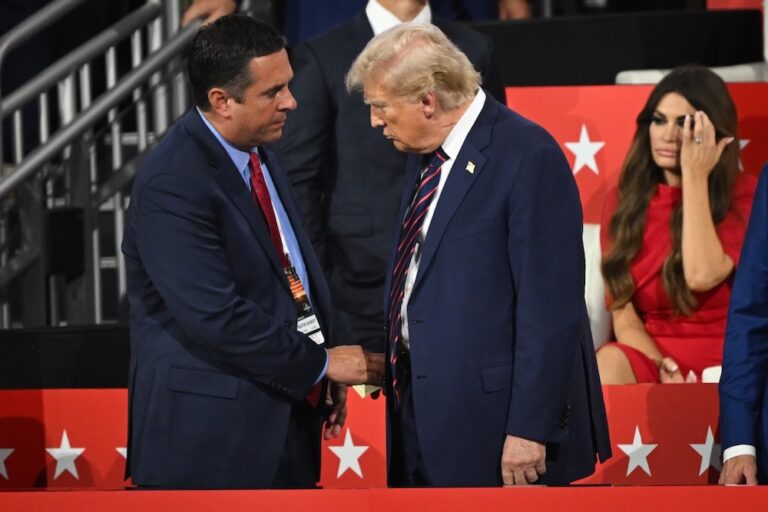The US Senate Judiciary Committee has passed a bill that would require the government to get a warrant before accessing private electronic communications, like emails and Facebook messages. The bill could now proceed to the Senate Floor for a vote.
(EFF/IFEX) – November 29, 2012 – Earlier today, the Senate Judiciary Committee passed a bill that would require the government to get a warrant before accessing our private electronic communications, like emails and Facebook messages. The bill could now proceed to the Senate Floor for a vote.
The package that passed out of committee included an amendment championed by Senator Patrick Leahy (D-VT) that would mandate that the government receive a probable cause warrant before accessing private electronic communications. This would close a dangerous loophole in the 1986 Electronic Communications Privacy Act, which the Department of Justice has argued allows them to access private emails that are more than 180 days old without a warrant. This runs contrary to what privacy users expect in their digital communications as well as the Fourth Amendment. As the Washington Post said in an editorial yesterday, “If you left a letter on your desk for 180 days, you wouldn’t imagine that the police could then swoop in and read it without your permission, or a judge’s.”
According to Lee Tien, EFF Senior Staff Attorney: “With this amendment, Congress is sending a strong message to the Department of Justice that our digital Fourth Amendment rights don’t expire after six months. While there’s still much work ahead of us to ensure that these common-sense legal protections are enshrined in statutory law, today we saw the Senate Judiciary Committee hauling our archaic laws into alignment with modern technology.”
The bill would also amend the strong Video Privacy Protection Act (VPPA) allowing companies like Netflix to get blanket consent from consumers before continuously sharing their video watching habits with social media accounts or even data brokers. While EFF thinks updating the VPPA is unnecessary and potentially harmful for consumers, we were pleased to see Senator Dianne Feinstein (D-CA) and Al Franken (D-MN) successfully co-sponsored an amendment that limited the duration of this blanket consent, ensuring that video service providers have to get consent from consumers once every two years. We hope others in Congress will share their commitment to safeguarding the privacy rights of Internet users.
Kurt Opsahl, EFF Senior Staff Attorney, said: “Undermining the protections of the Video Privacy Protection Act doesn’t help Internet users. It would be an embarrassment to Congress if the only digital privacy legislation they managed to pass in 2012 was undercutting the legal protections already afforded to Internet users. The Feinstein-Franken Amendment helps undo some of the damage.”
EFF has been advocating for digital communications privacy for years. We are a member of the Digital Due Process coalition, have a petition to Congress calling for ECPA reform, and recently joined other advocacy groups in launching VanishingRights.com.


